Manufacturers, also known as product manufacturers, processors, infusers, and more, are responsible for manufacturing cannabis products including extracts and infused products. Of all the licensees, none rivals the complexity of operating a manufacturer. Operations of a typical manufacturer must account for a diverse array of processes and hazards ranging from food safety to hazardous chemical storage and handling, to shipping and receiving, and more—all under one roof.
Manufacturing Keys to Success
1. Navigating Upstream and Downstream Relationships
Cannabis product manufacturers, like cultivators and other cannabis businesses, live and die by vendor relationships. To succeed, a manufacturer must develop a robust and diverse sales and purchasing team and strategy that is capable of managing relationships with cultivators, retailers, and even other manufacturers—all while developing and maintaining a brand that resonates with consumers. Strong relationships with each of these groups can help manufacturers make data-driven decisions to tailor their product mix and production plans to input product availability and characteristics and output product demands.
2. Maximizing Margin
Though many of the products produced by manufacturers are not subject to the same degree of commodification faced by cultivators of bulk flower, manufacturers still face significant price pressures in developing and mature markets alike. Careful SKU selection, production planning, and brand building are the keys to maximizing manufacturer margins.
3. Compliance
Because of the diverse array of processes needed to manufacture a full product line, manufacturers face some of the most diverse and difficult compliance requirements in the industry. Compliance professionals in the manufacturing setting must go beyond cannabis regulatory compliance and incorporate national and international standards for quality, safety, and more into their compliance audits all while keeping efficient operations at the forefront.
4. Staffing
Similarly, the diversity of activities and roles in the manufacturing setting require a human resources apparatus that is able to quickly identify and onboard successful candidates to perform a wide variety of functions—from janitorial, security, and warehouse staff to PHD biochemists. Staffing must also be carefully tailored to match ever-changing production needs.
Manufacturing Tiers
Though less common for manufacturing, several states categorize manufacturing licenses by size—with larger manufacturers being subject to higher licensing fees than smaller manufacturers. In contrast to a cultivator however, there is a much less direct link between the square footage of a manufacturer and its production capacity. Certain operations, such as the production of extracts, can have huge variations in throughput with relatively limited changes in footprint or staffing needs. Other operations, such as production of edibles in a commercial kitchen, can require enormous footprints and significant staffing even for low levels of production.
Volatile Solvent-Based vs ‘Solventless’ Manufacturing
Many states distinguish between manufacturers that use volatile solvents like butane and ethanol to extract cannabis from those that specialize in solventless processes. Solvent based processes can create large quantities of cannabis oil relatively cheaply with limited staffing needs. By contrast, solventless processes are typically less efficient and more labor intensive. Nonetheless, many of the highest margin products in the industry, including rosin, are produced with solventless processes.
Product Infusion
Certain states distinguish between manufacturers that simply extract cannabis products from those that produce infused products such as edibles or lotions. In these cases, product infusion is often subject to regulation from state health authorities similar to that seen in other commercial kitchens. In these states manufacturers may be required to obtain an additional license governing these activities.
Packaging and Labeling
Some states also offer standalone packaging and labeling licenses, either as an addition to a manufacturer license or as a true standalone license type. These licensees are only authorized to package and label products for retail sale and cannot extract, infuse, or otherwise manufacture products without corresponding licenses.
Conclusion
Check in next Monday for the next installment in our “Business Overview” series: The Analytical Laboratory. For more on how Fire Business Strategies can help set your business up for success, please visit our contact page to schedule a free initial consultation!

